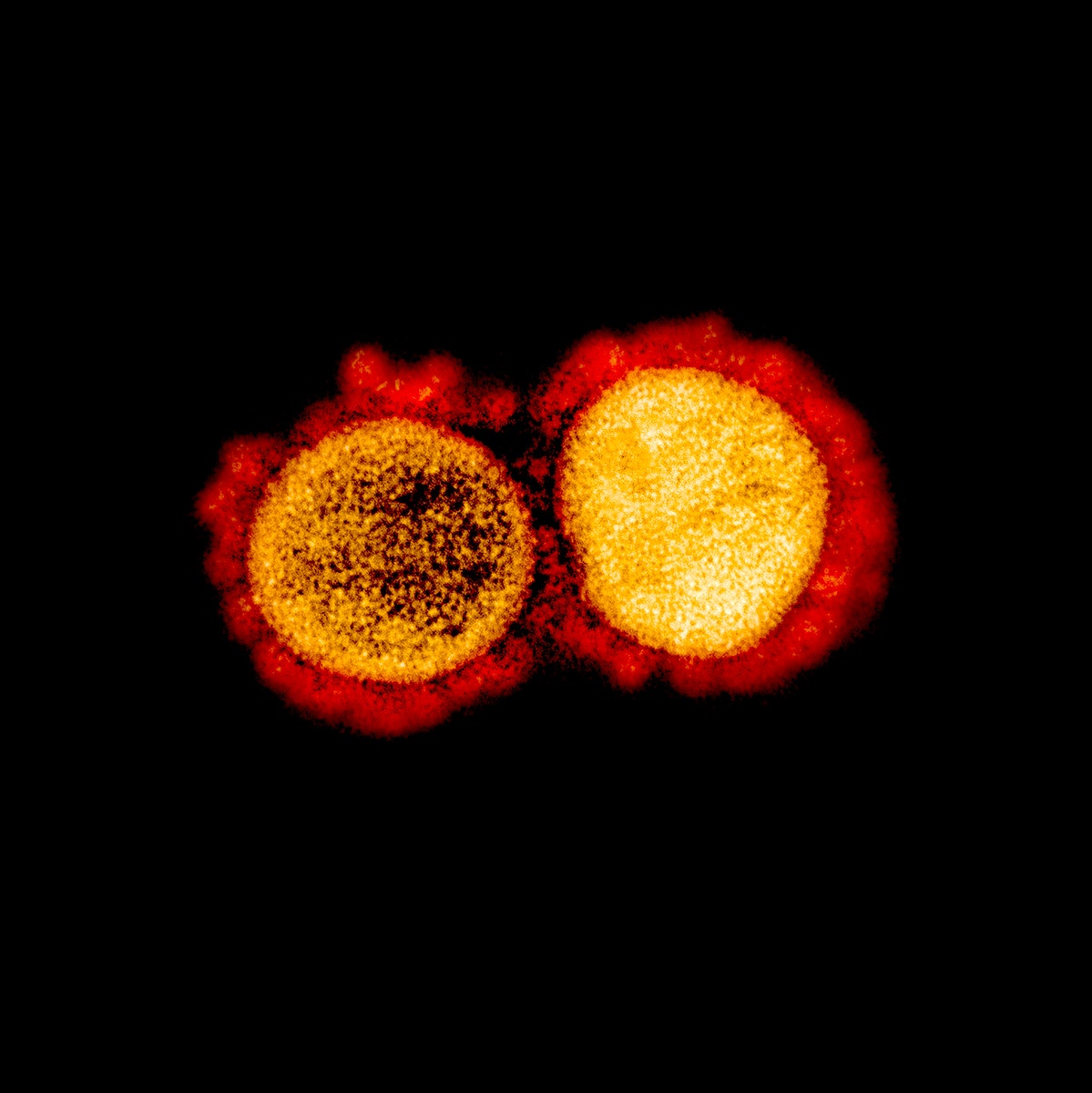Viruses Are Living- The question of whether viruses are alive has been debated for centuries, with no consensus reached. Viruses are tiny infectious particles that can cause diseases in living organisms. Although they are often associated with negative consequences, viruses are an essential part of many biological processes.
There is much debate over whether or not viruses are alive. Some scientists argue that they are not because they cannot reproduce on their own and rely on the machinery of other cells to do so. Others contend that viruses are alive because they have many of the characteristics of living things, such as the ability to evolve and cause disease.
The answer to this question may seem like a matter of semantics, but it actually has important implications for how we study and treat viral infections. If viruses are considered alive, then we need to develop different strategies for fighting them than we would for non-living pathogens.
So, what do you think? Are viruses alive or not?
It’s a question that has puzzled scientists for centuries: are viruses alive or not? After all, they can reproduce and evolve, but they can’t do so on their own. They need to hijack the machinery of other cells in order to do so.
So are viruses alive or not? Well, it depends on how you define life. If you think that something needs to be able to grow and reproduce on its own, then viruses are not alive. However, if you think that something just needs to be able to replicate itself, then viruses are alive.
So why does it matter whether or not viruses are considered alive? Well, it could have implications for how we treat them. For example, if we consider them to be alive, then we might feel more inclined to try and find ways to kill them. However, if we consider them to be non-living entities, then we might be more inclined to just try and contain them.
Ultimately, though, it’s up to each individual to decide whether or not they think viruses are alive. What do you think?
The question of whether viruses are alive or not is a matter of ongoing debate. However, the implications of classifying viruses as living or non-living entities are far-reaching.
If viruses are classified as living entities, this would suggest that they are capable of reproduction and evolution. This would have major implications for our understanding of disease and the development of new treatments. On the other hand, if viruses are classified as non-living entities, this would suggest that they are simply pieces of genetic material that can hijack cells in order to replicate. This would have implications for our understanding of disease transmission and control.
Ultimately, the classification of viruses has major implications for our understanding of disease and its Spread. As such, it is an important area of research that is ongoing.
There is still much debate surrounding the question of whether or not viruses are alive. However, what we do know is that they are complex entities that can cause disease and chaos in living organisms. As our understanding of viruses continues to evolve, it is important to remember that they should be treated with caution and respect. After all, even though we may not fully understand them, viruses have a big impact on our lives.
- Quantum Breakthrough: Room-Temperature Superconductivity Achieved
- India’s Cricket Fervor Hits Fever Pitch as World Cup Final Nears
- India Takes on Australia in the 2023 ICC Men’s Cricket World Cup Final
- Pharma Jobs: AIIMS Raipur Announces Direct Recruitment for 31 Pharmacist and Dispensing Attendant Positions; Applications Open till July 31, 2023
- Got Utkarsh Small Finance Bank IPO? Find Out NOW! Simple Steps to Check Your Allotment Status!







